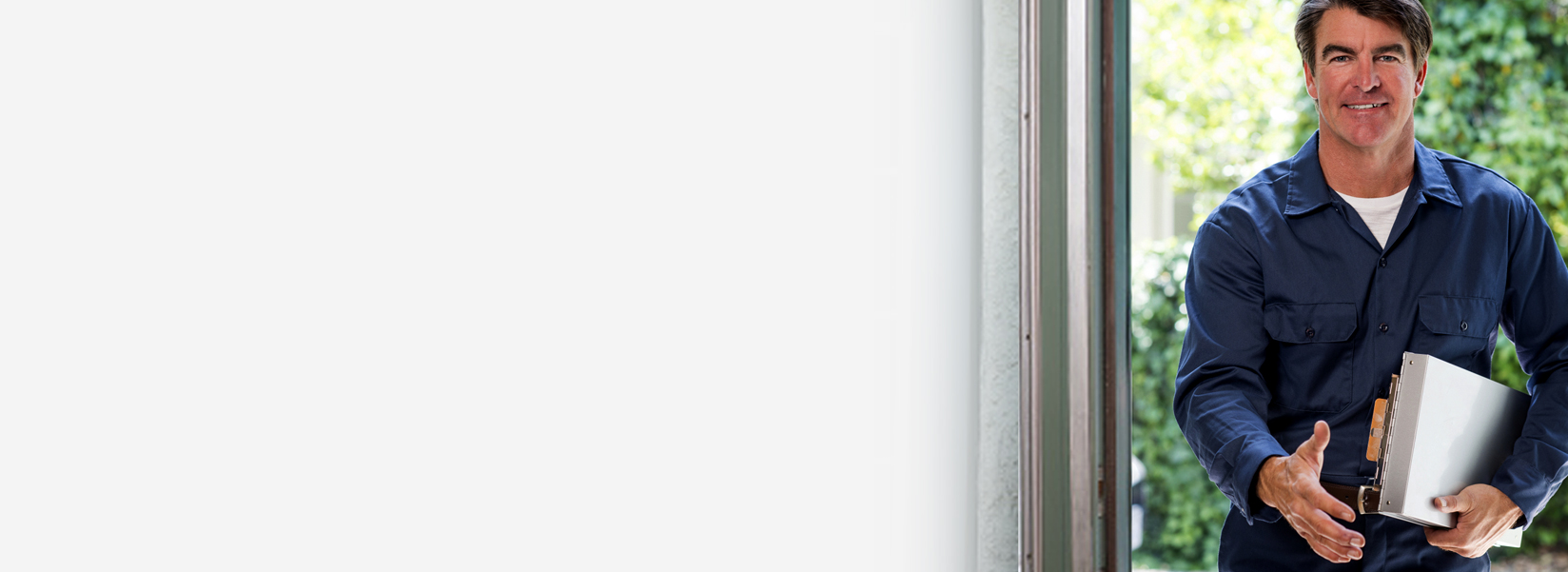As the chill of winter fades and spring starts to bloom, it’s time to start thinking about your HVAC system. You might wonder when it’s appropriate to turn off your heat and what other HVAC tips you should follow. You’ve come to the right place!
When it comes to turning off your heat in the spring, there are a few factors to consider. Depending on your location, the weather and your personal preferences, the ideal time to switch off your heat might vary. You can make the transition smoothly by monitoring the weather forecast, taking advantage of natural heat sources and gradually decreasing the temperature.
In addition to knowing when to turn off your heat, there are other HVAC tips you should keep in mind to keep your system running efficiently and safely. We’ll cover everything from regular maintenance to energy efficiency and safety precautions.
Let’s dive in and prepare your HVAC system for spring!
When to Turn Off Heat in the Spring?
Living in central Pennsylvania, the weather can be quite unpredictable, which makes it essential to consider a few factors when deciding when to turn off your heating system in the spring. You can turn off your heat in the spring once the weather outside consistently stays above 60 degrees Fahrenheit during the day and at night. This usually happens in April or May in central Pennsylvania.
However, it’s essential to keep an eye on the weather and adjust your thermostat accordingly. If there are still some chilly nights, keep your heat on a bit longer to stay comfortable. Here are some factors to keep in mind:
Location
Your location is a crucial factor. Monitor the weather forecast before turning off your heating system. If you live in an area with harsher weather, waiting until the temperature is consistently warm before turning off your heating system is best.
Weather
Consider using natural heat sources to keep your home warm. Open up your curtains and blinds during the day to let in the sun’s warmth and close them in the evening to trap the heat inside. If you have south-facing windows, consider investing in a solar film to help trap heat inside.
Personal Preferences
Personal preferences play a role in determining when to turn off your heating system. Some people may prefer a cooler indoor temperature, while others prefer a warmer temperature. Gradually decreasing the temperature by a degree or two each day is a good way to acclimate to the changing temperatures and avoid any sudden drops in temperature that could cause discomfort.
Learn More About Our HVAC Services
Other HVAC Tips
Your HVAC system is essential to your home, providing heating and cooling to keep you comfortable year-round. But you can follow a few simple tips to ensure your HVAC system runs smoothly and efficiently. Here are some tips on how to look after your HVAC:
Regularly Change Your Air Filters
Air filters help keep your HVAC system running efficiently by preventing dust and debris from clogging up your system. Regularly changing your air filters is important, typically every other month, depending on usage. This will keep your HVAC system running efficiently and improve your home’s indoor air quality.
Changing the air filters on your HVAC system is a simple process that anyone can do, regardless of their level of experience with home maintenance. It’s important to note that the frequency at which you should change your air filters can vary depending on a number of factors, including the size of your home, the number of occupants and the presence of pets or allergies.
Seal Your Air Leaks
Air leaks around windows and doors can cause drafts and increase your energy bills. Sealing these leaks with weatherstripping or caulking can help keep the warm or cool air inside and prevent heat loss.
Upgrade Your HVAC to Energy-Efficiency Systems
By upgrading your HVAC to environmentally friendly systems, such as an Energy Star-certified HVAC unit or a smart thermostat, you could save energy and money on your utility bills. These systems are designed to run more efficiently, which can also extend your HVAC system’s life span.
Keep Your Vents and Ducts Clean
Over time, dust and debris can build up in your vents and ducts, which can decrease your HVAC system’s efficiency. Regularly cleaning your vents and ducts can help prevent this and improve airflow throughout your home.
Install a Programmable Thermostat
Investing in a programmable thermostat gives you options on different temperatures. You can even set specific temperatures for different times of the day. With these options, you can save energy and money on your utility bills.
You can expect to save on your heating and cooling costs by lowering the temperature a few degrees when you’re not home or when you’re sleeping.
Keeping Your HVAC Unit Clean by a Professional
Here are a few reasons why it’s important to schedule maintenance sessions with an HVAC technician:
- Increased efficiency: Regular maintenance can keep your system running at peak efficiency, reducing your energy bills and saving you money in the long run.
- Extended life span: By catching small problems early on, routine maintenance can help extend your HVAC system’s life span, preventing the need for costly repairs or replacements at a later time.
- Improved air quality: A professional HVAC technician can clean your air ducts, change your air filters and check for leaks, drips or other issues that could impact the air quality inside your home.
- Peace of mind: Annual maintenance can help to identify and address safety hazards, such as carbon monoxide leaks or faulty electrical connections, before they become a serious problem.
During a routine maintenance appointment, a professional HVAC technician will inspect your system and typically clean any components that need it. A professional will attend to any repairs or adjustments that might be needed. They may also advise you on how to maintain your system between appointments better.
When Do You Turn Your Heat Back On Again?
As the hot summer months end and the temperatures begin dropping in central Pennsylvania, you may wonder when it’s time to turn your heat back on. While there’s no hard and fast rule for when to do this, a good guideline is to wait until the overnight temperatures consistently fall below 60 degrees Fahrenheit to turn your heat back on. This usually happens in late September or early October in central Pennsylvania.
It’s also a good idea to perform routine maintenance on your heating system before turning it back on.
Remember, turning your heat on too early can lead to unnecessary energy consumption and higher utility bills. However, waiting too long can leave you feeling chilly and uncomfortable. By monitoring the weather and performing routine maintenance, you can ensure your home stays warm and comfortable as the seasons change.
Count on Leggett Inc. for All of Your HVAC Needs
For more than 50 years, Leggett Inc. has been a trusted source for HVAC services, providing peace of mind to homeowners and businesses alike. Our Nate-certified technicians specialize in professional diagnosis, up-front pricing and expert repairs, preventive maintenance and replacement systems.
We’re committed to ensuring overwhelming customer satisfaction and prioritizing your comfort. Schedule your HVAC service now!



